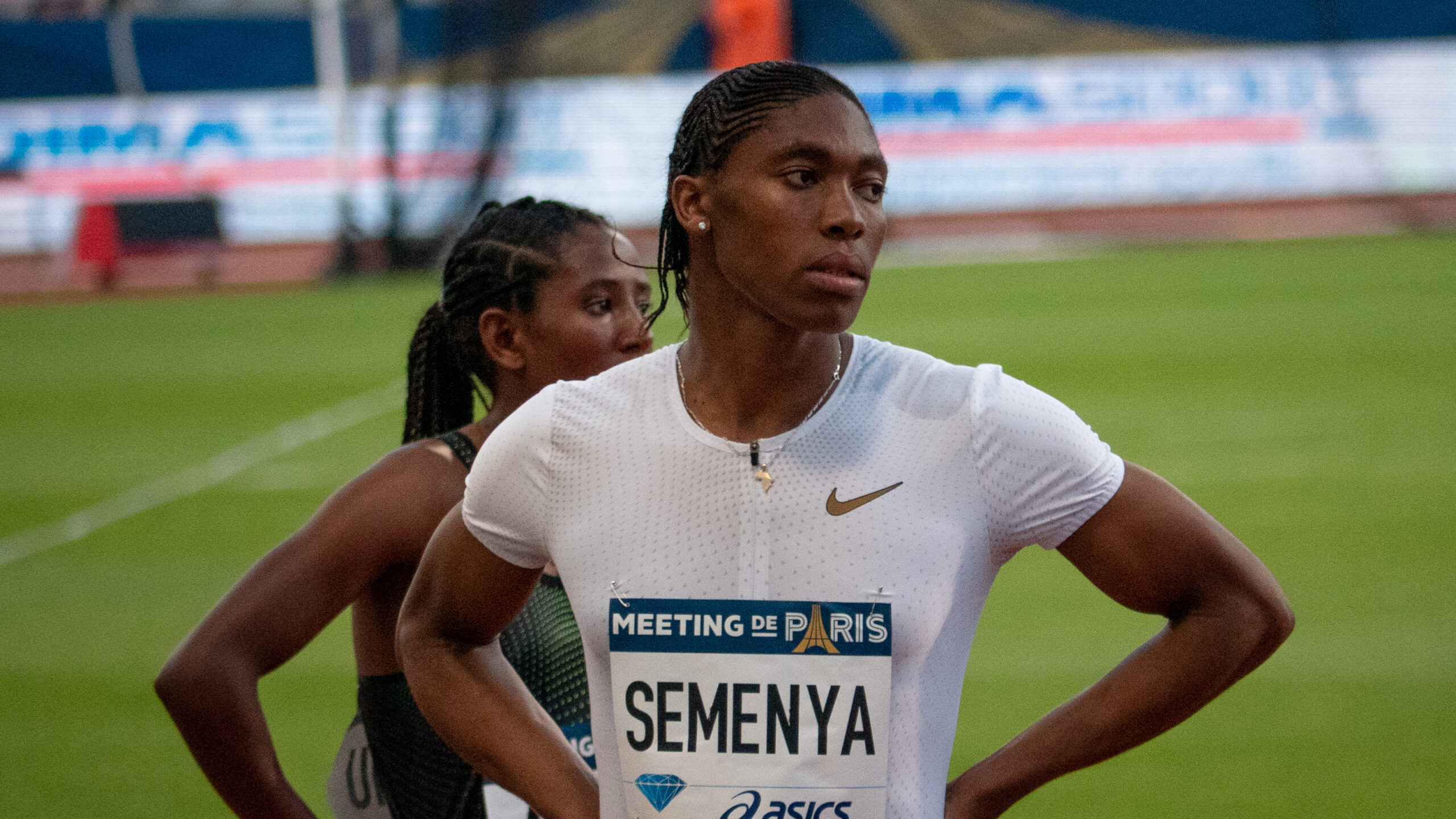Opinion | The BBC’s Recent Article on Transgender Women Is either Uninformed, or Willfully Ignorant

This content has been archived. It may no longer be relevant
The BBC’s recent article, ‘We’re being pressured into sex by some trans women’, is the latest in a pattern of uncritical and uninformed mainstream depictions of transgender individuals. Written by Caroline Lowbridge after a year long ‘impartial’ investigation, it claims that lesbian women are being coerced into sexual relations with transgender women. It goes without saying that coercion is always unacceptable: the lesbians cited in this article reserve the inalienable right to refuse sexual relations. However, this does not absolve them of criticism for a system of sexual preferences that uniquely targets transgender women.
Beyond these transphobic undertones, this article is nowhere near rigorous enough to carry the label of journalism, let alone be ‘investigative’. The ‘evidence’ provided includes an array of anonymous lesbian women’s anecdotal experiences, a couple self-proclaimed ‘anti-radical’ transwomen that may corroborate this, an accused rapist that called for the “lynching” of trans women, and a self-selected 80-person survey undertaken by “Get the L Out” that describes sex with transwomen as “corrective rape”. Though these lesbians’ individual experiences should not be cast aside in the evidentiary procedure of journalism, neither should they be used as the sole basis to claim an experience to be epidemic.
Admittedly, in an effort to back these anecdotal experiences, Lowbridge cites sources such as the LGB alliance, a group whose goal has been described by the International Journal of Sociology as denying “the basic rights of trans people.” They are cited in the article as claiming that a “sizeable minority” of trans women are pressuring lesbians to have sex with them — whilst admitting they have no quantitative proof. This lack of journalistic integrity is compounded by the fact that Lowbridge chose not to include the interviews conducted with Chelsea Poe, nor talk to transgender academic Susan Stryker, despite initially reaching out to her. Instead, she provided a general quote against transgender discrimination from the charity ‘Stonewall’. An article that neither provides reputable sources nor makes any effort to interrogate its assumptions does not meet the criteria of journalism that we expect from the BBC.

Chief amongst the assumptions in this article is a certain epistemological framework to the sex/gender system. The use of ‘biological female’ and ‘biological male’ in this article goes uninterrogated, even as it is used to imply that transgender women are simply ‘biological males’ who attempt to deceptively live their lives as women — surgical transition or not. With the abundance of emerging literature on the subject, why would an ‘investigative’ report neglect to interrogate the epistemology of sex?
Ironically, the author of the article chose not to include her interview with transgender academic Susan Stryker, who might’ve challenged these overarching ideas. In (De)Subjugated Knowledges: An Introduction to Transgender Studies, Stryker objects to the common view of sex as biologically fixed: a referential ‘anchor’ that is subsequently represented by a mimetic and subjective gender identity. This common view would frame transgender identities as a false representation of an underlying material truth of biological sex — as this article does. Stryker writes that transgender individuals “are often considered to make false representations of an underlying material truth, through the willful distortion of surface appearance.” Instead, she argues that this predominant view of gender identity as only representations of “an objectively knowable material sex” is scientifically unfounded. Instead, sex is a ‘mash-up’; it is a story society has constructed to decide which ‘parts’ matter most.
The Olympics perfectly encapsulates our misunderstanding of biological sex in the ways it continuously fails to define the biological female. Historically it demanded the ‘sex verification’ of genitalia, then chromosomal tests, and now ever-changing levels of hormonal balances. Each iteration of ‘new’ tests shows inconsistencies. As the plight of Olympic sprinter Caster Semenya exemplifies, the criteria to meet a biological sex seem to be ever-changing and constantly reverse-engineered to fit a constructed binary. How can a ‘female’ with corresponding chromosomes and reproductive organs be scientifically deemed ‘male’ on the subjective criteria of hormones? Ultimately, the goalpost is always being pushed back or altered, yet the underlying fundamental assumptions of a binary sex system are never questioned.
There are many other cases of individuals seemingly unable to fit into this engineered sexual binary, as demonstrated by Fausto-Sterling in The Five Sexes: Why Male And Female Are Not Enough. She describes how doctors have been allowed to alter intersex genitalia at birth in order to better ‘fit’ a supposedly natural biological category: “Almost at once such infants are entered into a program of hormonal and surgical management so that they can slip quietly into society as “normal” heterosexual males or females.” Similarly, intersex individuals could live a significant portion of their life as one sex while having the chromosomes of the other. Our current understanding of sex quietly frames these cases as idiosyncrasies to an otherwise ‘natural’ binary system instead of embracing the diversity of harmless sexual identities that exist.

In this article, this ambiguity over the concept of ‘biological’ sex is glaringly obvious, yet it forms the backbone of most of the author’s argument. When asked to explain the roots of their innate lack of sexual attraction to ‘biological males’, the lesbians cited in this article commonly argue it is the penis or allude to a deeper innate ‘maleness’ that is never truly defined. Amy says that it was “physical realities”, like “male vocal cords”, that simply cannot be ignored. Yet, Stryker contends that “what we typically call the sex of the body, which we imagine to be a uniform quality that uniquely characterizes each and every individual whole body, is shown to consist of numerous parts—chromosomal sex, anatomical sex, reproductive sex, morphological sex.” So, if these lesbians argue they are not attracted to biological ‘males’, is it not problematic that no universal basis is given for definition? Ultimately, what is the standard for being a ‘biological’ male? Herein lies the difficulty.
The more we question our sex binary and those who don’t quite seem to fit inside it, the clearer it becomes that we have no objective criteria for it. Instead of accepting the diversity of sexual representations that exist, the medical profession ascribes to the same epistemological belief as this article’s author: the penis is a ‘male’ sex organ. We only wish to see sex as one fixed category and encourage the active alteration of bodies to confirm this, thus castigating representations of sex that naturally exist outside of the binary. As argued by Fausto-Sterling, “why should we care if a “woman,” defined as one who has breasts, a vagina, a uterus and ovaries and who menstruates, also has a clitoris large enough to penetrate the vagina of another woman?” What these lesbians fear are attributes associated with ‘males’, even though these features can exist in those deemed ‘biological’ females or anybody whose sex doesn’t fit in neat socially-defined boxes.
Linking this back to the BBC, when an article cites Jennie who believes she “just (doesn’t) possess the capacity to be sexually attracted to people who are biologically male, regardless of how they identify,” a responsible journalist would ask some questions — or actually include Stryker in their article. Jennie’s comment obviously insinuates that a transwoman, or even any woman that may not meet the uncertain criteria of ‘female’, is inherently an undercover ‘male’ living his life as a woman. This is not only dangerous as the source of most violence against transgender women, but also goes entirely unchallenged in the article.
This shows how the British media remains overwhelmingly uncritical in most of its coverage of transgender issues, especially in its obsession with ‘debating’ transness. The cultural obsession with a minority issue is quantifiable: research commissioned by a UK press regulator found that there has been a 400% increase in coverage of transgender ‘issues’. As part of this increase in coverage, the BBC has decided to platform the opinions of those uninformed of emerging literature that challenges the sex binary — in the spirit of impartiality and debate. Jennie, Amy, and Chloe’s personal definitions of ‘maleness’ aren’t challenged whatsoever, though constituting the driving force of the article.
What Jay says is absolutely true. When the BBC have contacted me, they INSIST I go on with someone Gender Critical. When I questioned it, they said that’s the policy.
Jeremy Vine on 5 had a rule that trans could only go on to discuss ‘trans’ – no other issues. It’s discrimination— India Willoughby (@IndiaWilloughby) November 12, 2021
In response to the backlash, the BBC stated that “Impartiality is fundamental, and includes covering stories on any point of the spectrum of debate.” Yet, if the BBC can apologize for platforming anti-science conspiracy theorists in climate change debates over the past decades, I would expect an ounce of remorse for allowing openly transphobic individuals to participate in an ‘unbiased’ report — let alone excluding experts on sex from participating. The chief executive of Ofcom (the UK’s regulatory agency for broadcasting) similarly stated that the BBC quoting anti-trans pressure groups like the LGB alliance in order to bring balance to ‘debates’ “can be extremely inappropriate.” Next time, before uncritically using terms as the basis for an investigation, at the very least include a broader set of informed voices such as Susan Stryker’s. Alternatively, put the pen down.
Featured Image: “BBC Logo on The Forum Norwich” by Sebastiandoe5, licensed under CC BY-SA 4.0
Edited by Naomi Shi
